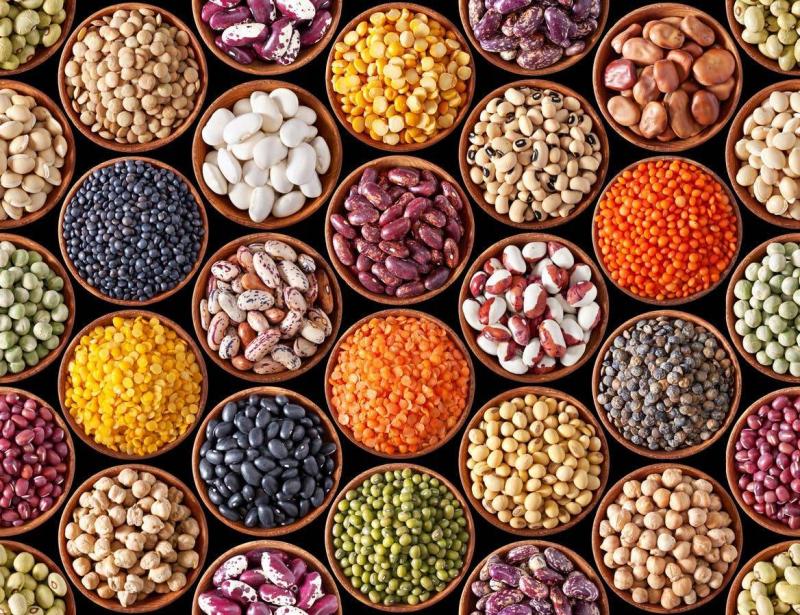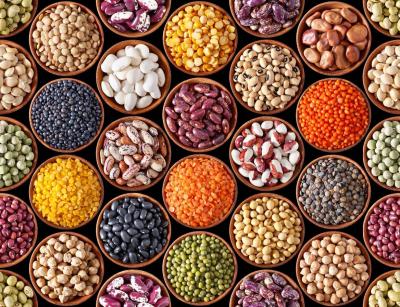The longest-living people on Earth reside in areas known as "Blue Zones," a term coined for five regions around the world that share similar habits and lifestyles among the majority of their populations. In 2012, Dan Buettner, a researcher for National Geographic, embarked on a journey to understand the phenomenon of centenarians in certain parts of the globe. Buettner and his team identified five Blue Zones worldwide and compiled the common habits and dominant lifestyle among these centenarians in his book, *The Blue Zones Solution*, which outlines ways to achieve the goal of living a long and healthy life.
The five regions include the mountain villages of Nuoro province in Sardinia, the Greek island of Ikaria in the northeastern Aegean Sea, Japan's Okinawa island, the Nicoya Peninsula in Costa Rica, and the city of Loma Linda in California. The residents of Blue Zones maintain a strong sense of internal purpose and connection to their community, enriching their social relationships. They are also naturally encouraged to make healthy choices due to their environment, such as regular physical activity and a predominantly plant-based and anti-inflammatory diet, which scientific research has shown significantly contributes to living longer without health issues.
Anti-inflammatory foods are rich in nutrients and contain high amounts of antioxidants, vitamins, and minerals. Consuming anti-inflammatory foods like fruits, vegetables, beans, olive oil, and fish helps combat symptoms of chronic inflammation by neutralizing free radicals in the body. Chronic inflammation can affect individuals due to various factors, including diet, stress levels, allergies, toxins, and aging. Processed foods, in general, tend to be high in saturated fats or added sugars, which can exacerbate inflammation, while a plant-based diet promotes health, especially during aging. Research indicates that focusing on antioxidant-rich plant foods can help ward off cognitive decline, prevent cancer, and reduce the risk of cardiovascular diseases.
According to the website Well + Good, the following anti-inflammatory foods are key components of the daily diets of the world's five longest-living Blue Zone populations:
1. **Legumes**
Legumes, particularly beans, are widely praised for their numerous benefits. Nutrition expert Sharon Palmer, author of *The Plant-Powered Diet*, states that "beans and legumes are very high in plant protein and can replace meat." She adds that they also contain vitamins, minerals, and phytonutrients, making them anti-inflammatory, noting that "beans are also one of the richest sources of fiber in the plant kingdom."
2. **Whole Grains**
Whole grains, such as barley, brown rice, and oats, are consumed daily in all Blue Zones. Palmer explains that "in addition to being high in fiber, protein, vitamins, and minerals, whole grains are slow-digesting carbohydrates that provide good energy sources." One study on whole wheat bread found that the fiber and phenolic acids in whole grains help prevent chronic inflammation. Nutritionist Erica Mutch states that whole grains "are all nutrient-rich, but each has its unique benefits; for example, barley supports healthy gut bacteria that can also reduce inflammation."
3. **Sweet Potatoes**
Sweet potatoes contain antioxidants, potassium, and high levels of anthocyanins, which are antioxidants that reduce the risk of heart disease, improve vision, and decrease inflammation. Mutch notes that sweet potatoes provide the body with significant fiber, beta-carotene, and vitamin C, benefiting overall health.
4. **Olive Oil**
Palmer refers to research that found a "connection between the consumption of extra virgin olive oil and enjoying many heart health benefits due to its antioxidants and unsaturated fatty acids." Adding olive oil to meals helps combat chronic inflammation and reduces the risk of type 2 diabetes. Palmer recommends infusing olive oil with herbs like rosemary and oregano or garlic or onions for greater benefits and a delicious flavor. She adds, "Garlic and onions, known as alliums, have compounds associated with heart health and cancer prevention." Infusing pure olive oil with lemon peel is another excellent method, as Mutch points out that "lemon peel actually contains more folate, calcium, and magnesium than the juice, along with more limonene, another antioxidant."
5. **Tomatoes**
Palmer states, "Tomatoes are full of vitamins and minerals, especially the antioxidant lycopene. But when tomatoes are mixed with olive oil, you will gain more anti-inflammatory benefits." She explains that this is known as nutritional synergy, where the interaction of nutrients in foods leads to greater health benefits when consumed together.
6. **Fresh Fruit**
Fresh fruits are high in antioxidants, but berries and strawberries stand out for their unique anti-inflammatory properties. Palmer mentions that they "contain anthocyanin compounds that act as powerful anti-inflammatories, offering multiple health benefits for brain and heart health and helping to ward off chronic diseases."
7. **Squash**
Winter squash is associated with a dish known as "three sisters," alongside lime-soaked corn and black beans. Mutch explains that "squash is a great ingredient to help reduce inflammation in the digestive and cardiovascular systems. It not only contains omega-3 fatty acids but also antioxidants like beta-carotene, lutein, and zeaxanthin."
8. **Vegetables**
Sharon Palmer grew up in a Blue Zone in Loma Linda, California, and studied nutrition at Loma Linda University. She describes how families in her hometown are encouraged to grow gardens and can fresh foods whenever possible. Palmer notes, "The community eats a lot of green vegetables—especially leafy and cruciferous vegetables, such as spinach, kale, broccoli, cabbage, and Brussels sprouts, which contain all the sulfur compounds linked to cancer prevention."
9. **Nuts and Seeds**
Nuts and seeds are consumed daily in many Blue Zones, particularly Loma Linda. Palmer explains that "nuts and seeds provide healthy fats for the heart linked with a lower risk of heart disease." She elaborates that while all nuts are nutrient-rich, walnuts, which are high in omega-3s, and almonds, which provide healthy fats and fiber, stand out, along with pistachios, which are beneficial and contain protein.




